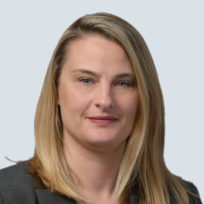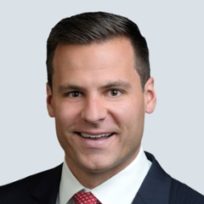Auto liability risks pose significant challenges for various industries, and human services organizations are no exception.
Human services organizations play a vital role in supporting vulnerable individuals and communities, making it crucial for them to navigate the potential negative consequences associated with vehicle-related incidents.
In today’s environment of rising litigation costs and large jury awards related to social inflation, it is increasingly important for human services organizations to help safeguard their missions by taking proactive measures to mitigate risks. By recognizing the impact of auto liability risks and implementing strategies to reduce and address them, human services organizations can help protect staff and ensure the well-being of those they serve.
Auto liability risks can impact human services organizations in the following three ways:
1. Participant Safety: Human services organizations often rely on automobile transportation to provide essential services such as home visits, medical appointments and community outreach. However, operating vehicles exposes the organization to the inherent risks of accidents that can cause property damage and bodily injury. Such incidents can directly impact the safety and well-being of participants and staff, potentially hindering the organization’s ability to fulfill its mission.
2. Financial Implications: The costs associated with legal liability judgements, medical expenses, vehicle repairs and insurance premium hikes can quickly deplete an organization’s resources. These financial setbacks can hinder the delivery of essential services and strain the organization’s ability to support those in need.
3. Reputational Damage: Human services organizations heavily rely on the trust and support of their communities. Auto accidents involving their vehicles can lead to reputational damage, eroding public trust and jeopardizing relationships with stakeholders. Negative publicity surrounding incidents can create a perception of negligence and irresponsibility, potentially impacting future funding, partnerships and volunteer engagement.
Thankfully, there are several tactics human services organizations can leverage to mitigate their auto liability risks. As experts in the space, we have compiled the following list of steps human services organizations can take to help limit exposure to these risks:
Partnering with the right insurance broker is essential when it comes to minimizing your exposure. Conner Strong & Buckelew’s experts can deliver holistic risk control, claims management and safety programs designed to prevent catastrophic claims. And our brokers are leaders in the industry who take a consultative approach and have strong relationships with carriers to ensure best possible outcomes for clients.
For more information on how our team can help, please reach out to your Conner Strong & Buckelew representative, call us at 1-877-861-3220 or email [email protected].

Lisa Vanore
Partner, Managing National Claim Advocacy & Consulting Leader

Alexander Buzbee
Vice President, Business Development Executive